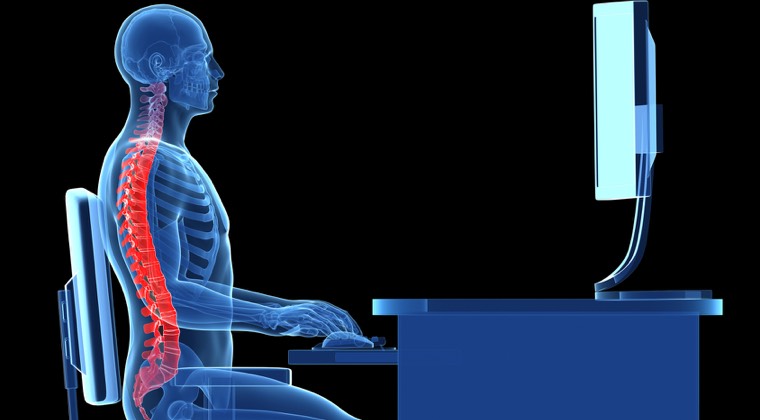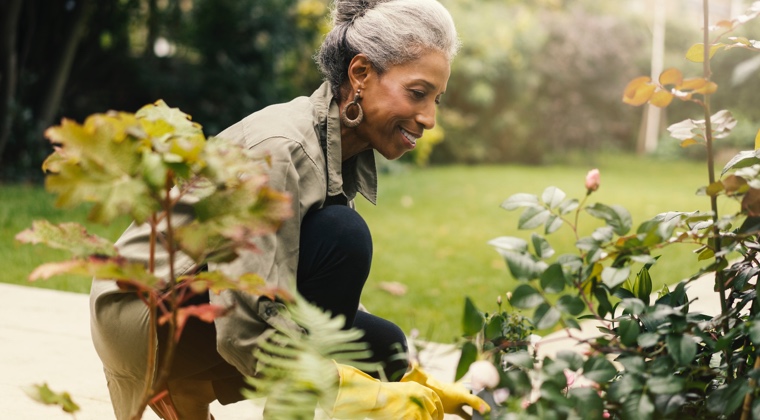Spirituality
What do we mean by Spirituality?
Spirituality refers to a connection to something bigger than ourselves. It often involves the formation of personal values and the search for meaning in life. Religious beliefs are a common but special case of spirituality where the connection to something bigger (e.g. God) is supported by religious doctrine. Other forms of spirituality may be more personal in nature or involve other forms of readings or social communion. The realm of Spirituality pertains to the spirit or soul as distinguished from the realm of physical objects.
Value commitments are connected to one’s cultural beliefs and attitudes. Personal spirituality and life experiences influence one’s choices about daily living and connections to others. Spiritual beliefs also influence perceptions of pain and pain’s impact on our lives. Spirituality is a key determinant of a person’s thinking, feeling, and acting in relation to coping with pain.
What are some different types of Spirituality?
· Christianity· Judaism
· Buddhism
· Islam
· Alternative religions
· Any personal faith beliefs
Why might Spirituality be important for pain management?
· Provides a focus to draw upon for strength· Provides guidance for actions
· Helps direct one’s attention toward the positive
· Emotional health and spiritual maturity are inseparable
A Patient's Story
Pain management is a journey. After back surgery, I had multiple visits to the pain clinic for injections. After my second surgery, I was prescribed opiates for pain management. I then had lower back surgery which left me using a walker, a cane and more opiates. At the height of my opiate use, I was taking, daily, 120mg of morphine, 8mg of dilaudid, 15mg of valium, and 30mg of sleeping pills at night.
Because of the opiate crisis, my family physician notified me he would no longer be able to prescribe opiates for my pain. I became very fearful and anxious. I did not know what I was going to do. How would I get through the daily struggle of living with pain? The only alternatives I could think of were not good ones.
After talking with my family physician, he referred me to a pain specialist and his team: psychological therapists, physical therapists, occupational therapists and a nurse. I was assured working with the team, if I did my part, I would be able to overcome my fears and regain my life. I am a show-me guy and it had to be proven to me that the process was going to work.
An important aspect of my rehabilitation was my spirituality. My faith in God provided everything I needed on this journey. Spirituality was a major component of the psychological journey. A complete bio-psycho-socio-spiritualmodel was critical to my recovery.
Once I saw the results and came to understand, through experience, that the process did work, it had a profound effect on how I proceeded with the program and the changes it made in my life. Once I knew the system worked, I embraced it wholeheartedly and today my life is better for it.
By the grace of God (my form of spirituality), the program and hard work, I am opiate free and have a new perspective on pain management. I am no longer on opiates and today I am doing things that are important to me.
While I do still struggle with issues of pain, I choose to refer to that pain as “discomfort”. Part of my thinking is based on my spiritual outlook, trusting God will see me through whatever issues I am dealt. I feel very strongly about the spiritual aspect of my rehabilitation program. Without the faith of my wife, the rehab family and myself, I do not know where I would be today on this journey.
What can you do to utilize Spirituality in your own journey with pain?
· Practice prayer and meditation· Use prayerful meditation to reframe your thoughts
· Be mindful of where you are in the process of dealing with pain/discomfort
· Focus thoughts on something greater than your pain/discomfort; your purpose and desires in life
· What you think is what you become
Prepared by:
Jim and Linda Bright
12.2019


